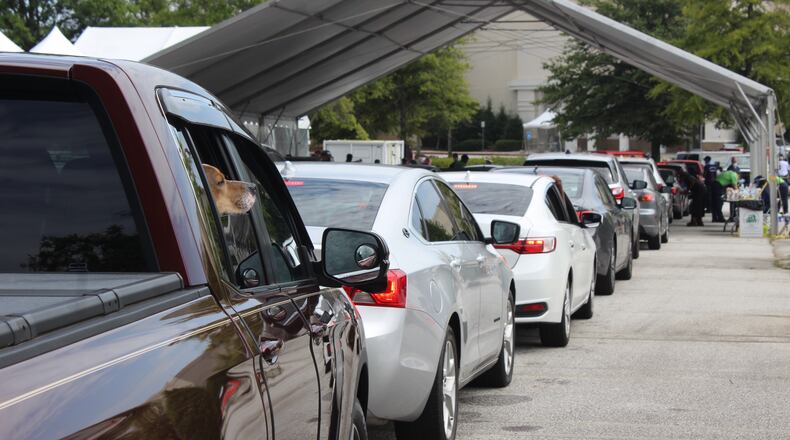Responding to the resurging pandemic and breakthrough infections, President Biden and some top health officials are pushing for the U.S. to begin vaccine booster shots by Sept. 20. But the committee of scientists who officially recommend whether to take such steps met Monday and pushed back.
The scientists said they still had fundamental questions to answer, such as whether the increase in COVID-19 infections after vaccination, so-called breakthrough cases, was related at all to waning effectiveness of the vaccines.
When the Sept. 20 date was announced “it led everyone—it led physicians, it led the public—to believe that they had access to information about these vaccines and the need for boosters that had not yet been publicly released,” said Dr. Sandra Fryhofer of Atlanta, a nonvoting member of the committee. “And to me, that kind of opened the door to a lot of confusion.”
The group, the Advisory Committee on Immunization Practices, advises the Centers for Disease Control and Prevention on whether scientific data merit approval or warnings on vaccines. From the moment its chairwoman opened Monday’s meeting, members made blunt statements that they would follow scientific data and processes on booster shots, regardless.
Other scientists were glad to hear it.
“There is a process that is being undermined by ‘science by leak,’” said Dr. Felipe Lobelo of Emory University, an epidemiologist and associate professor told the AJC. “We don’t really have strong data on when the waning starts; on whether the increased rates of infection and so called breakthrough infections...are occurring because of this waning effect— or is it because delta is more transmissible? Or is it because people are changing behaviors?”
Dr. Carlos del Rio, professor of medicine at Emory University, agreed. “The problem is by focusing on boosters we’re distracting from the biggest problem, which is all the unvaccinated people,” he said.
Without calling them “booster shots,” the FDA has authorized an extra shot for certain people with compromised immune systems, like organ transplant recipients, after they have completed their original coronavirus vaccine regimen. But no decisions have been made for other vulnerable groups, much less the general public.
That leaves Georgians who are now eager for a booster shot not knowing what comes next.
In Avondale Estates, Carolyn Chandler, 80, has marked her calendar for Oct. 16, the day she should get a booster if they’re recommended eight months from initial vaccination, as federal officials have touted.
Ever since Chandler started to see reports showing waning immunity from the vaccines, there was no question for her that she would get a booster.
“I just would like to stick around for a while,” Chandler said.
The Latest
Featured




